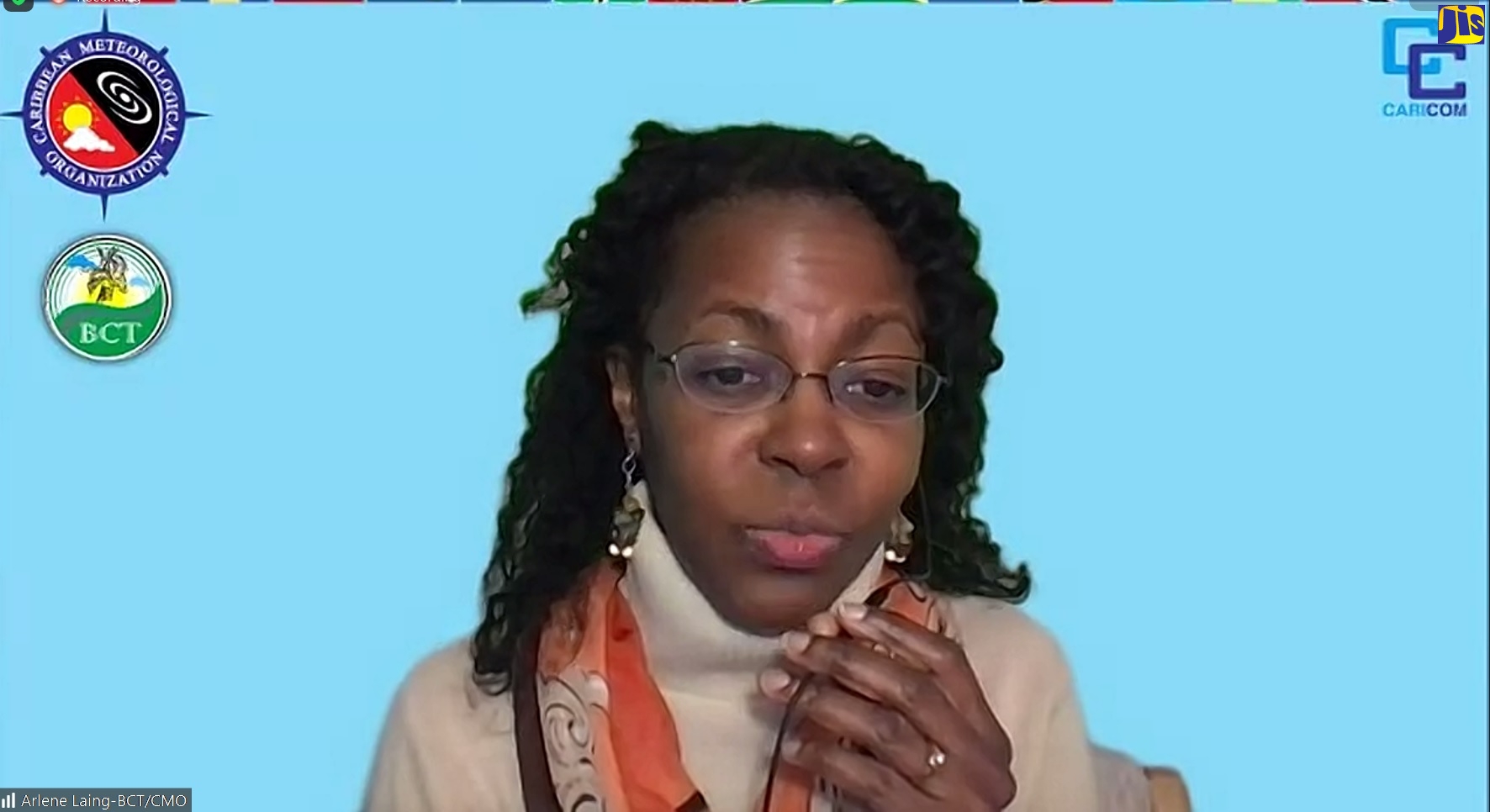CREWS Supports Region with Early Warning Systems
By: , February 10, 2023The Full Story
The United Nations’ Climate Risk and Early Warning Systems (CREWS) mechanism has been contributing greatly to an increase in the availability of, and access to early warning systems for the Caribbean.
CREWS is a vehicle that funds Least Developed Countries (LDCs) and Small Island Developing States (SIDS) for risk-informed early warning systems.
During the World Meteorological Organization (WMO) Regional Conference (Regional Association IV) at The Jamaica Pegasus hotel in Kingston on February 8, panellists shared their experiences working with the UN funding mechanism.
“The CREWS has been such a tremendous support for the Caribbean and in particular for CARICOM countries. Through all of us working together, we developed a Strategic Roadmap for advancing Multi-hazard Early Warning Systems (MHEWS) in the Caribbean for 2020-2030. Because early warnings have this overarching need for governance, the CREWS support has been really instrumental for setting the stage for this to be a success,” said Coordinating Director of the Caribbean Meteorological Organization (CMO), Dr. Arlene Laing.
She noted that CREWS assisted in the implementation of eight strategic plans and national frameworks for weather, water and climate services in regional member states of the WMO.
The user-friendly fit-for-purpose services are integral for “better decisions to be made, not only for early warnings but for daily information for enhancing the economic development of the countries,” she said.
CREWS also assisted in the development of a model hydrometeorological legislation and related policy for the region, which was endorsed in June 2021.
“From that model Bill, [we] drafted national legislation for eight member states, including Anguilla, and they have already taken that through their process in their country,” Dr. Laing said.
The draft legislation is now before Cabinet in Belize and St. Lucia, with Grenada making progress on their process.
Dr. Laing shared that the CMO is currently expanding the CREWS governance assistance to develop strategic plans for the Turks and Caicos and Cayman Islands, while working on priority areas from the Strategic Roadmap.
“We are also drafting legislation and related policy for the Met Service in Barbados, and that will be completed before the June end of this project. We are participating in the development of a multi-sensor precipitation grid, which has many applications, including disaster risk reduction, agriculture, water resource management, and tourism,” she said.
“We are also looking at integrated flashflood guidance in Jamaica and St. Lucia to start, and these are some of the things that CREWS have been really supporting in our region, and we are looking on expanding,” she continued.
While thanking CREWS for its support and responsiveness to the region, Dr. Laing added that the CMO is also looking at funding to upgrade radars across the region and enhancing lightning detection and monitoring.
Citing the benefits of CREWS was Disaster Risk Reduction Advisor with the United Nations Office for Disaster Risk Reduction (UNDRR) Regional Office for the Americas and the Caribbean, Dr. Jair Torres.
“CREWS has helped us (the UNDRR) to strengthen the capacities at the country level on data-specific issues. Through CREWS funding, we have been able to mobilise the different sectors within countries in order to provide the data they produce in an aggregate manner, so that national disaster management institutions and organisations can have all the data and organise it,” he said.
Dr. Torres explained that this makes it easier to sort data in categories, such as exposure, vulnerability, hazard, capacity and damage and losses.
He added that through CREWS’ contribution, the UNDRR has managed to revitalise the Regional Early Warning System Consortium – an advisory body for the advancement and strengthened coordination of the early warning systems.





